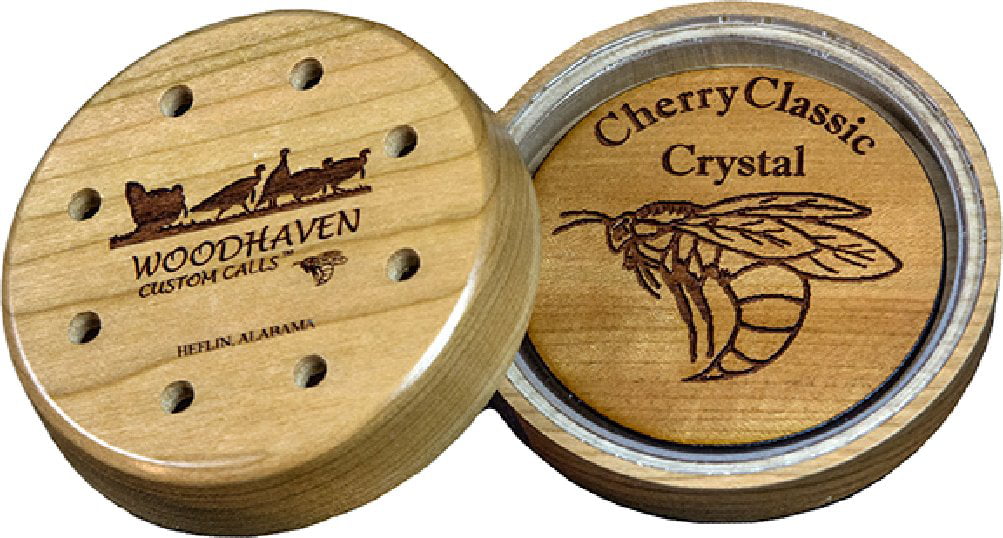

Once you have picked a general sound you are looking for, think about the weather you hunt in and how much conditioning you want to be doing. Ceramic is the call I use when the birds have liked the slate but it’s just too wet or humid to get a consistent sound on. It produces the most realistic cluck and purr of slate while being able to reach a little higher and edgier on the yelp like aluminum. It can be conditioned with a light sanding stone and maintained with a scotch brite, BUT it doesn’t require any conditioning at all and you would always ask the call maker what he recommends. It also seems to like less striker pressure than other surfaces and squeaks out if you try and put too much into it.Ĭeramic is another surface that can sound awesome and somewhat combines attributes from slate and aluminum.

It takes a bit more care being a softer metal and needs a good sanding. It has a metallic edge to the rasp it produces that can work when everything else doesn’t. Anodized aluminum requires no sanding just wipe it with an alcohol pad from time to time which make it a very field friendly surface.Ĭopper is a little more rare but is popular with many here on the site because it offers a unique sound quality that the other surfaces don’t have. Personally I find aluminum to be the most versatile surface at being able to go from loud to soft and clear to raspy as well as all-weather performance with the right striker. Most custom call makers choose to use an anodized aluminum which requires very little maintenance. Most use a sanding stone going only in one direction to get base down and finish it in the field and from time to time with 100 or 110 sand paper again only going in one direction.Īluminum finishes out the top 3 most popular surfaces. Glass can be tougher to perform maintenance and conditioning on for the newbie caller but is not difficult. Depending how the call is built it finish high and clear or break into extremely edgy rasp. Glass/Crystal has a higher pitched front end that can be extremely loud and ear piercing of soften into a very sweet high note. Also used is bronzed glass which is extremely hard, the advantage of that is that it requires far less re-conditioning. Crystal has a higher lead content which makes it a bit softer than traditional glass. Glass/Crystal is slightly different in composition but close enough to be included here together. Slate doesn’t take to moisture very well and is virtually useless on a rainy day which is its one big down fall. Slate usually is a softer tone and is great for lighter non aggressive calling with good role over and clean yelps and clucks. It is very easy to use and maintains extremely well, simply clean it off with a green scotch brite pad and keep the striker clean and you will be running yelps and clucks in no time. Slate: Slate is a great surface and is one of the more popular surfaces. Here is a brief description about surfaces. Best way to do this is try a few, from friends, in stores, and also listen to samples on youtube, call makers websites, and sound files on /forum. this will help you find the surface you want. high pitched, soft, raspy, loud, mid range.

Slate turkey call plus#
Sound boards can be made out of the same materials as surfaces plus different woods and even acrylic and corian a countertop material that can be worked similar to wood.ĭecide what kind of sound you want. There are also slight variations to surfaces themselves such as bronzed glass, bead blasted glass, crystal, Frying pan aluminum, anodized aluminum, blasted aluminum just to name some. Most popular surfaces are Glass, Slate, Aluminum, ceramic and Copper is increasing in popularity with many custom call makers. I wrote this up for some guys asking the same question over on Archery talk earlier this year


 0 kommentar(er)
0 kommentar(er)
